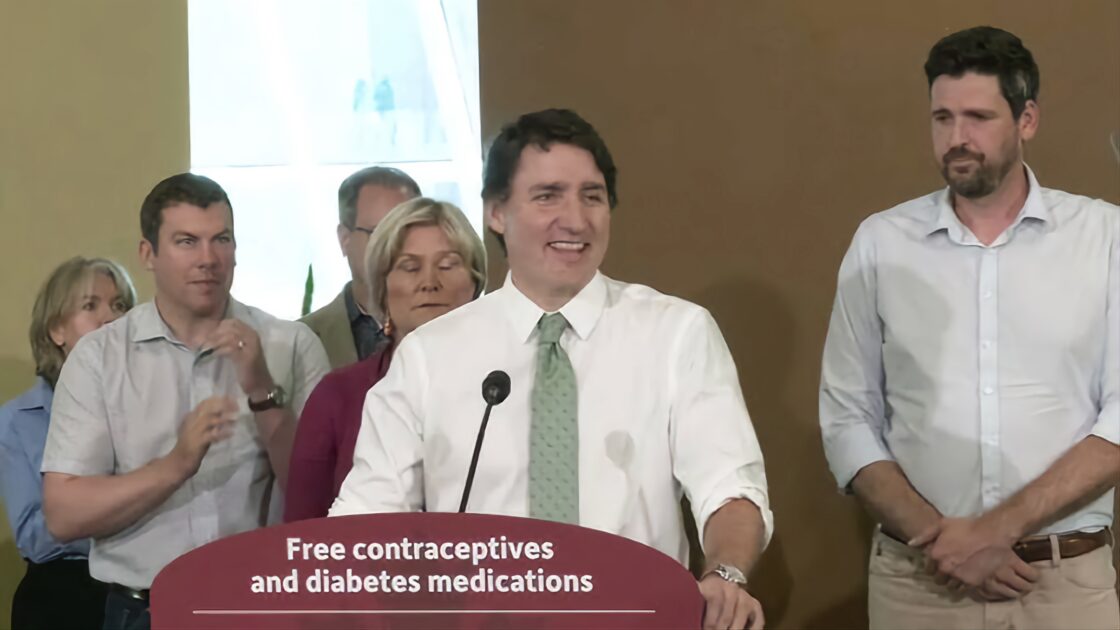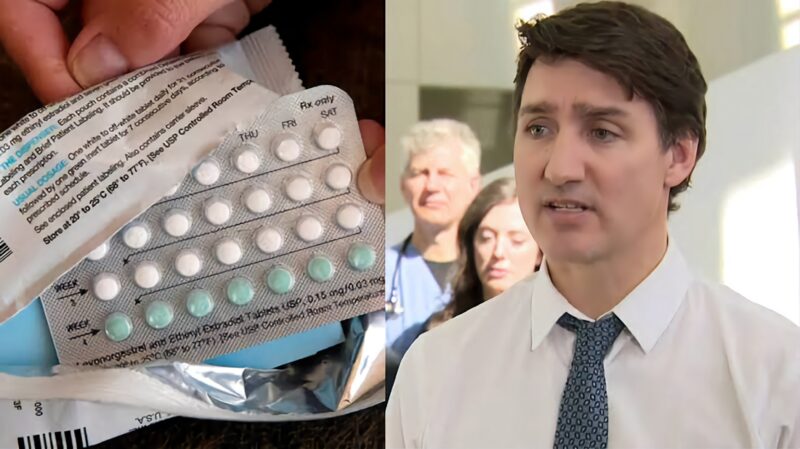Free Contraceptives and Diabetes Medications bill paves the way for national pharmacare, but faces provincial pushback and political tensions.
Canada’s parliament has passed landmark legislation to fully cover the cost of contraceptives and diabetes drugs for Canadians, a key step in the Liberal government’s plan to establish a national pharmacare program.
The new bill will address a major gap, as an estimated one in five Canadians struggle to afford prescription medications. While the country’s current system relies on a mix of private, public, and out-of-pocket payments, this new program will cover 100% of costs for those without drug plan coverage and reduce out-of-pocket expenses for those who do.
Bill to Impact Millions
This initiative is set to benefit around nine million Canadian women of reproductive age, providing free access to commonly used contraceptives, including birth control pills and IUDs, which typically cost between C$100 and C$300 annually.
Diabetes patients will also see significant relief, with coverage extended to drugs like insulin and Metformin. Insulin, which can cost up to C$1,700 a year, will now be fully funded under the program.

The bill could increase federal spending by C$1.9 billion over the next five years, according to the Parliamentary Budget Officer.
Pushback from Provinces and Critics
While British Columbia has signed on to the plan, Alberta and Quebec have expressed reservations, arguing that the federal government is overstepping into provincial jurisdiction. Conservative leader Pierre Poilievre, whose party leads in national polls, has also voiced opposition to the bill, echoing concerns about its cost and implementation.
The Canadian Chamber of Commerce has criticized the move, warning that the single-payer system could worsen access to prescription drugs and burden taxpayers.
Political Deal and Potential Election Trigger
This pharmacare bill stems from a deal between the minority Liberal government and the New Democratic Party (NDP), which had agreed to support the Liberals in exchange for the introduction of this program. However, the NDP withdrew from the deal in September, increasing the likelihood of a snap election before 2025.
Prime Minister Justin Trudeau hailed the bill as “real progress” and urged provinces to move quickly in signing agreements to implement the plan, with hopes that some could be operational by the end of this year.
Canada spent C$41 billion on prescription drugs in 2023, with C$15 billion covered by private plans and C$8 billion paid out-of-pocket. This new program aims to reduce that burden for millions of Canadians.









![Popular Nollywood Actor, Junior Pope is Dead [video] junior pope confirmed dead Popular Nollywood Actor, Junior Pope is Dead](https://reportafrique.com/wp-content/uploads/2024/04/Screenshot_20240410_165330_Gallery-260x195.jpg)
Join our Channel...